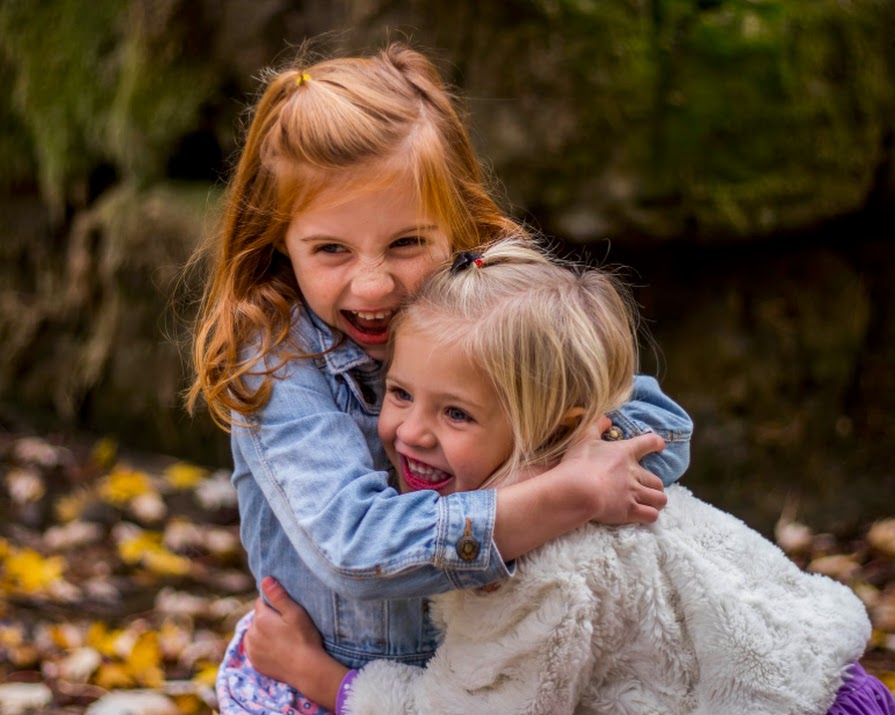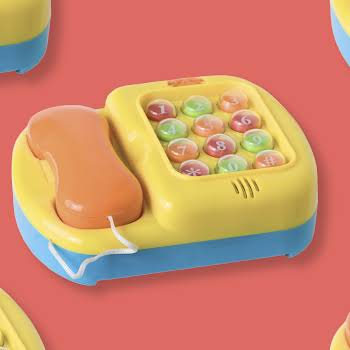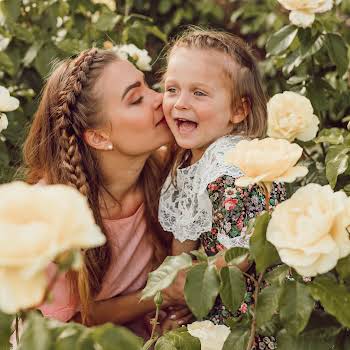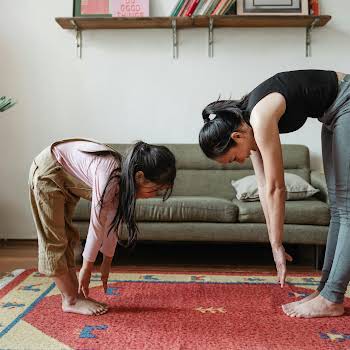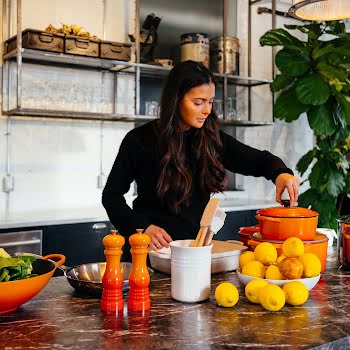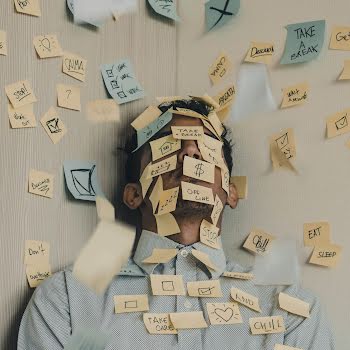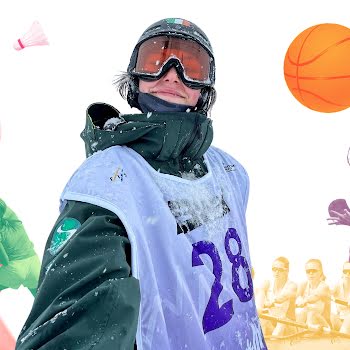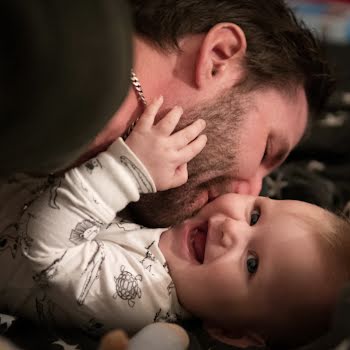
The surprisingly easy way to build your child’s emotional intelligence
By Amanda Cassidy
27th Jun 2024
27th Jun 2024
Amanda Cassidy on the power of play and why we need to stop being over-protective party poopers.
“No wrestling guys, someone could get hurt.” It is the catchphrase of most parents. But while flinching at the first sight of physical roughhousing is a normal reaction, science says rough play has all sorts of benefits for your children. In fact, allowing your children the freedom of interaction, both creatively and physically, can make them smarter, more likeable, ethical, emotionally intelligent as well as physically fit.
In a study published in the Creativity Learning Journal, Education Professor Hee Kim 1990, even as IQ scores have risen, creative thinking scores have significantly decreased. Children have become less emotionally expressive, less energetic, less talkative and verbally expressive, less humorous, less imaginative, less unconventional, less lively and passionate, less perceptive, less apt to connect seemingly irrelevant things and less likely to see things from a different angle.” He put it all down to the demise of ‘free play’.
Horse-play
I admit that I wince (a lot) when watching my children play sometimes. Will they understand limits? Will they get injured? When should I intervene? There are usually tears, but experts say that comes with the territory. It is all part of the learning process. Authors Anthony DeBenedet and Lawrence Cohen are also fans of old-fashioned horseplay. In their book The Lost Art of Rough-Housing, they point out that over-cautious parents are in danger of hindering their children’s natural development. They believe we need to be less hung-up on safety and more ready to join in the fun.“When we roughhouse with our kids, we model for them how someone bigger and stronger holds back. We teach them self-control, fairness, and empathy. We let them win, which gives them confidence and demonstrates that winning isn’t everything. We show them how much can be accomplished by cooperation and how to constructively channel competitive energy so that it doesn’t take over”.
Advertisement
When it comes to raising emotionally intelligent children, letting them mock fight, tumble about and wrestle together helps children to develop skills around reading emotions in others.
Is he going to grab my leg or go for my arm? This type of free plan also helps them to navigate their own feelings including self-control. I’ll be a little more gentle because she’s four and I’m eight. This will help prepare them for the adult world – reading a boss’s mood or understanding adult family politics. Emotional confidence is a skill that is hard to teach.

Leave them to it
Psychologists believe that the ‘steady-now’ mentality of modern parents has left little room for this type of disorganised play. Emma Healy from the University of Leeds says that distinguishing between innocent play and aggression helps children to develop important problem-solving skills. “If they are playing right, each person will get a chance to chase and to be chased. No one person should be ‘on’ the entire time. Free play teaches kids the concept of leadership and negotiation. Think about the rules that go into physical games. Everyone needs to agree, which is wonderful preparation for professional success as well as committed relationships”.
Increasingly I’ve come across children on playdates who don’t fully know how to play. A seven-year-old came over recently and stood in our garden helplessly. ‘Go and play,’ I coaxed, as my own son started to gather sticks to build a den. The little boy kicked the grass and asked could they play a video game — he simply didn’t know how to start playing physically, using imagination to fuel a game. We’ve conditioned our children to associate play with ‘things’ — trampoline parks, slides, balls, bowling and they are all things that are wonderfully entertaining, but along with those, the ability to get out in the open and to conjure up some fun of their own has been neglected slightly.
Growing pains
Think of baby puppies — tumbling together, mock biting and fighting. It is instinctive for a reason — to aid with vital development. According to studies in neuroscience, when the play circuits in the brains of mammals are activated, they feel joy. All mammals. Physical play releases a chemical in our brain called BDNF — it encourages neuron growth in parts of the brain that help memory, learning, language and logic. These are the years when children learn their own strength; they challenge their peers in a friendly manner. The physicality of such play keeps them strong and fit, their imaginations fired up; learning, learning, learning.
Advertisement
I joke to my friends that I sometimes feel like I need a parenting whistle but the fact of the matter is that, although it might end in tears, the next time your child will make sure they are not the one on the bottom of the pile-up. We need to stop interfering in our children’s play so easily. Making sure they are not doing anything dangerous is our number one priority, after all, our job is to keep them safe, but the next time that things seem to be getting a little too physical and you are about to intervene, pause and wait to see if they can resolve it themselves. In a child’s world, big emotions rule. Things can go from euphoric to devastatingly unfair. “I’m the princess this time, and you are the baddie.” “But I don’t want to be the baddie. Let’s take turns.” Learning how to handle big emotions among pals is crucial. Tantrums might work at home but peers will never let it slide.
Every opportunity to play with other children is a crash course in what works and what doesn’t. Let’s not take that away from them, especially under the misconception that we are protecting them.
This article was originally published in June 2022.











